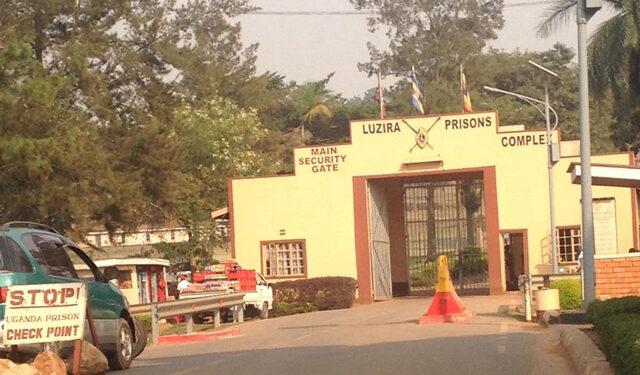In a joint statement, more than 10 women civil societies in Uganda are expressing concerns and advocating for a comprehensive review of the recent presidential prerogative of mercies granted to individuals convicted of defilement.
The pardon, issued on January 17, 2024, has stirred controversy, particularly within the women’s movement, prompting questions about justice, fairness, and the government’s commitment to the protection of children.
Out of the 13 prisoners granted clemency, a staggering 85 per cent were convicted of defilement, with 10 serving sentences of 7 years and below. This decision has ignited anguish and confusion, as it appears to contradict the fundamental principles of justice and compassion within society.
According to Elizabeth Kemigisha from FIDA Uganda, the move to pardon individuals convicted of defilement sends a disconcerting message, seemingly trivializing the traumatic experiences of survivors and eroding the trust they place in the legal system. “This raises profound questions about the government’s dedication to upholding the rights of victims of sexual violence.”
“It’s a dire situation, especially considering that Uganda is still grappling with a significant number of defilement cases. The crime report for 2022 reveals that out of the 14,693 sex-related crimes reported to the Police, only 5,461 cases made it to court. Shockingly, 942 cases were not proceeded with, and a staggering 8,290 cases are still under inquiry. Moreover, health surveys consistently highlight a concerning trend, with 27 per cent of women visiting hospitals to give birth being children under the age of 18.
In light of these distressing statistics, we firmly believe that granting pardons to convicts in defilement cases is a detrimental move. It not only contradicts the government’s efforts to address issues surrounding sexual violence but also undermines the urgency of tackling this pervasive problem,” she emphasized.
Disturbingly, the decision further compounds existing barriers to justice for victims of sexual violence, with a substantial number of cases still pending in court. Alarming statistics underscore the prevalence of sexual violence, particularly against female juveniles, necessitating an urgent and comprehensive review of the presidential prerogative of mercy.
The civil societies assert that the far-reaching impacts of this decision perpetuate a culture of impunity, emboldening perpetrators and discouraging survivors from seeking justice. This not only reinforces systemic oppression but also presents a dilemma within families and communities regarding the negotiation of dignity and justice.
“Social stigma associated with sexual violence often compels families to choose silence or informal settlements, perpetuating child/early marriage and violating children’s rights. The best interests of the child, as mandated by the Children’s Act Cap 59, must be prioritized to break this cycle of violence..” reads part of their statement.
The women civil societies collectively urge relevant authorities to conduct a transparent review of the criteria and processes involved in the application of the prerogative of mercy. Additionally, a call is made for the reconsideration of the presidential pardon decision, with an appeal to the president to address possible impacts, including reaching out to the victims involved.
They urged that granting mercy to individuals convicted of child sexual offenses requires meticulous consideration of potential risks and consequences. Failing to do so may jeopardize the collective efforts in attaining crucial national, regional, and international goals, such as SDG 5 on gender equality and SDG 10 on reducing inequalities.
They therefore implored leaders, the Attorney General, and institutions involved in pardon recommendations to prioritize the welfare and rights of survivors of sexual violence. They call for a resolute commitment to upholding the rule of law, sending a clear message that crimes of this nature will not be tolerated in Ugandan society.
“The public is encouraged to support government initiatives, demand accountability, and stand in solidarity with survivors, fostering a society where the rights and well-being of all individuals, particularly survivors of sexual violence, are upheld and protected…..” reads that statement.
The women civil societies also expressed astonishment that none of the 13 pardoned convicts were women. This concern arises, especially considering that the Commissioner General of Prisons reported a significant 125 per cent increase in female inmates over the last ten years.
Women Civil Societies like MIFUMI, Raising voice, Uganda Media Women’s Association, Central Women Justice Uganda, Oxfam and many others assert that the absence of any women on the list of 13 raises questions about the equitable practice of the prerogative of mercy. They urge the review committee to take into account the inclusion of female prisoners in such programs, emphasizing the importance of gender-inclusive considerations.
Do you have a story in your community or an opinion to share with us: Email us at editorial@watchdoguganda.com













